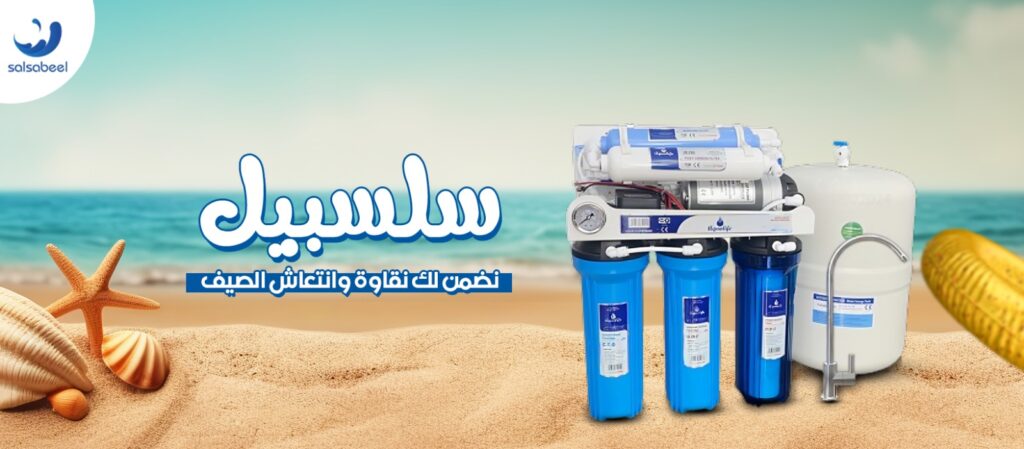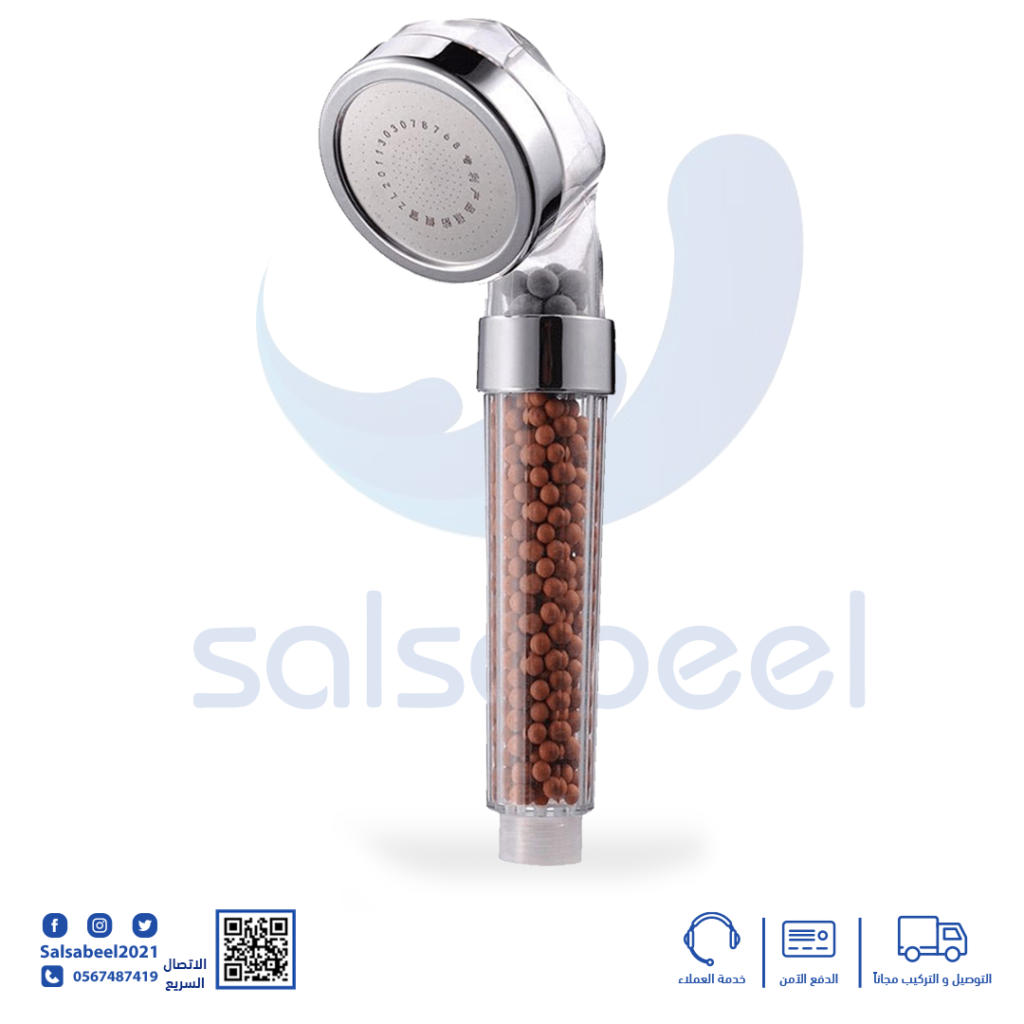Water Filters
Are you apprehensive about the purity of your drinking water? With increasing environmental
pollution, it has become challenging to access clean and safe drinking water. Fortunately,
advanced water purification technologies like reverse osmosis filters, which remove over
99% of impurities and microbes, are now available. By investing in a high-quality water filter,
you can ensure that you and your family have access to pure and healthy drinking water,
protecting yourselves from numerous waterborne diseases.
What are water filters?
Water filters are devices designed to remove impurities and contaminants from water,
making it safe for drinking and other household uses. These filters improve the taste and
odor of water and reduce health risks associated with consuming contaminated water.
How do water filters work?
Water filters operate on a simple principle: water is passed through various filter materials
that absorb or trap impurities and particles. The types of filter materials and the number of
filtration stages vary depending on the filter type.
Types of Water Filters
There are many types of water filters, each with its own operating mechanism and filter
materials. Here are some common types:
Mechanical Water Filters
How do mechanical water filters work?
These filters use fine mesh or porous materials to filter out large particles such as
sand, rust, and suspended solids. The mesh traps these large particles, preventing
them from passing to the next stage of the filtration process.
Benefits of mechanical water filters:
○ Effectively removes visible impurities.
○ Protects subsequent filter stages from clogging.
○ Increases the filter’s lifespan.
Absorption Filters
How do absorption filters work?
These filters use porous materials like activated carbon to absorb organic matter,
chlorine, and unpleasant odors from water. These materials attract and bind pollutant
particles to their surface.
Benefits of absorption filters:
○ Improves water taste and odor.
○ Removes chlorine and harmful organic substances.
○ Reduces the risk of waterborne diseases.
Membrane Filters
These filters use special membranes to separate pure water from impurities and
dissolved substances. Membrane filters are considered advanced water purification
technologies but can be relatively expensive.
Ion Exchange Filters
These filters use materials capable of exchanging ions present in water with other
ions, helping to remove heavy metals and hardness.
Reverse Osmosis Filters
How do reverse osmosis filters work?
These filters use high pressure to force water through a semi-permeable membrane,
removing salts, minerals, and microscopic impurities. This technology is one of the
most effective for water purification.
Benefits of reverse osmosis filters:
○ Effectively removes salts and heavy metals.
○ Produces high-quality pure water.
○ Protects household appliances from deposits.
Activated Carbon Filters
Activated carbon filters are a key component of many water filters, known for their
exceptional ability to absorb organic matter, chlorine, and unpleasant odors.
Alkaline Filters
Alkaline filters are a recent development in water purification, increasing the water’s
pH level, making it more alkaline. Some believe that alkaline water offers various
health benefits, but more scientific research is needed to confirm these claims.
Key Criteria for Choosing an Effective Water Filter
● Water quality: Determine the quality of your incoming water to select the appropriate
filter for removing existing contaminants.
● Family size: Choose a filter with a production capacity that matches your family size
and daily water needs.
● Budget: Set your budget to choose a filter that fits your price range and quality.
● Ease of use and maintenance: Choose a filter that is easy to use and maintain, with
readily available replacement parts.
Impact of Water Contaminants on Health
Consuming contaminated water can lead to various health problems, including:
● Digestive system diseases
● Kidney diseases
● Liver diseases
● Heart and blood vessel diseases
● Cancer
Benefits of Using Home Water Filters
Home water filters are a healthy and environmentally friendly investment. They play a vital
role in improving our quality of life and protecting our environment. Here are the key benefits
of using water filters:
Environmental Impact of Water Filters
● Reducing pollution: Water filters contribute to reducing environmental pollution by
purifying water before it is discharged, protecting natural water sources like rivers
and lakes from chemical and contaminant contamination.
● Preserving water resources: By reusing purified water, water filters help conserve
freshwater and protect this precious resource.
● Reducing chemical consumption: Traditional water purification methods often rely
on adding chemicals, which can pollute the environment. Modern water filters use
natural technologies that do not require harmful chemicals.
Improving Water Quality with Reliable Filters
● Safe drinking water: Water filters remove impurities, contaminants, and harmful
microbes from water, making it safe to drink and reducing the risk of waterborne
diseases.
● Improved taste and odor: Water filters remove chlorine and unpleasant odors,
giving water a fresh taste and clean smell.
● Protecting household appliances: Water filters reduce the buildup of scale and
minerals in household appliances like washing machines and refrigerators, extending
their lifespan and improving efficiency.
Water Purification with High-Quality Filters
● Removing impurities and microbes: High-quality filters remove solid impurities like
sand and rust, as well as microbes, bacteria, and viruses.
● Removing harmful chemicals: These filters remove a wide range of harmful
chemicals such as chlorine, lead, and volatile organic compounds.
● Improving public health: By providing clean and safe drinking water, water filters
contribute to improving public health and reducing the spread of diseases.
Maintenance and Proper Use of Water Filters
● Regular cleaning: Clean the filter regularly according to the manufacturer’s specific
instructions.
● Regular filter replacement: Replace filters at the specified intervals to maintain filter
efficiency.
● Regular filter inspection: Ensure there are no leaks or damage to the filter.
● Use clean water: Connect the filter to a clean water source.
Frequently Asked Questions About Water Filters:
Now let’s answer some of the most common questions about water filters.
what is the Best Water Filters in Saudi Arabia
This is a common question people ask. The answer is not straightforward as it depends on
several factors such as your budget, family size, tap water quality, and the substances you
want to remove. However, in general, the best water filters in Saudi Arabia are those that
meet your specific needs and provide you with clean and safe drinking water. If you want
more information, you can refer to this guide: [Best home water filter in Saudi Arabia]
What are the best types of water filters?
There is no one-size-fits-all answer, as there are various types of water filters, each with its
own advantages and disadvantages. Choosing between these types depends on:
● Water quality: If your water has a high salt content, reverse osmosis filters are the
best option.
● Budget: Filter prices vary depending on their type and technology.
● Need for additional features: If you’re looking to improve water taste or increase
alkalinity, you can choose a filter that offers these features







